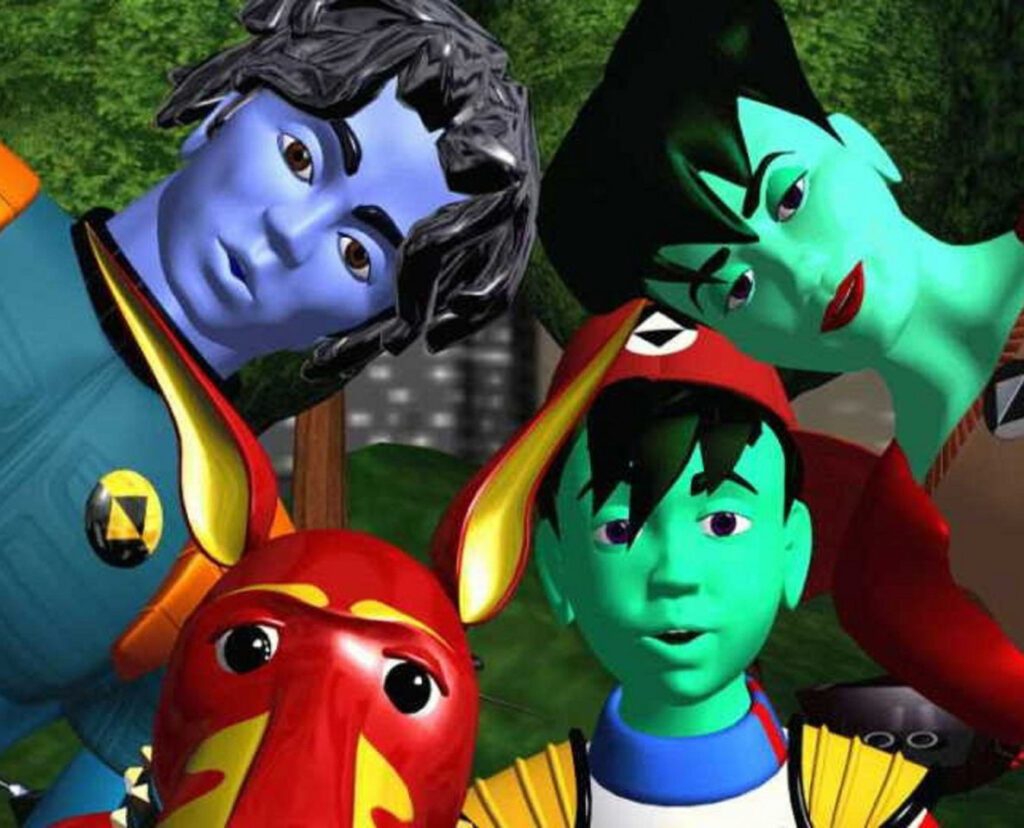
People like to criticize Hollywood for a lack of creativity, but Reboots, Remakes, and Sequels have been around as long as stories themselves.
Hell, even the ancient Romans remade Aphrodite as Venus.
So to suggest that they’re inherently bad is painting with too broad of a brush.
After all, West Side Story, winner of ten Academy Awards, is a reboot of Romeo and Juliet. The beloved Clueless is an update of Jane Austen‘s Emma.
The Godfather Part II is both a sequel and a prequel and still won Best Picture. Star Wars follow-up, The Empire Strikes Back, is widely considered the best of the entire franchise.
That being said, they aren’t generally the model of originality, and are mostly motivated by capitalizing on the financial success of an earlier movie. Which is not unreasonable. Studios are big businesses, after all, and originality is inherently risky.
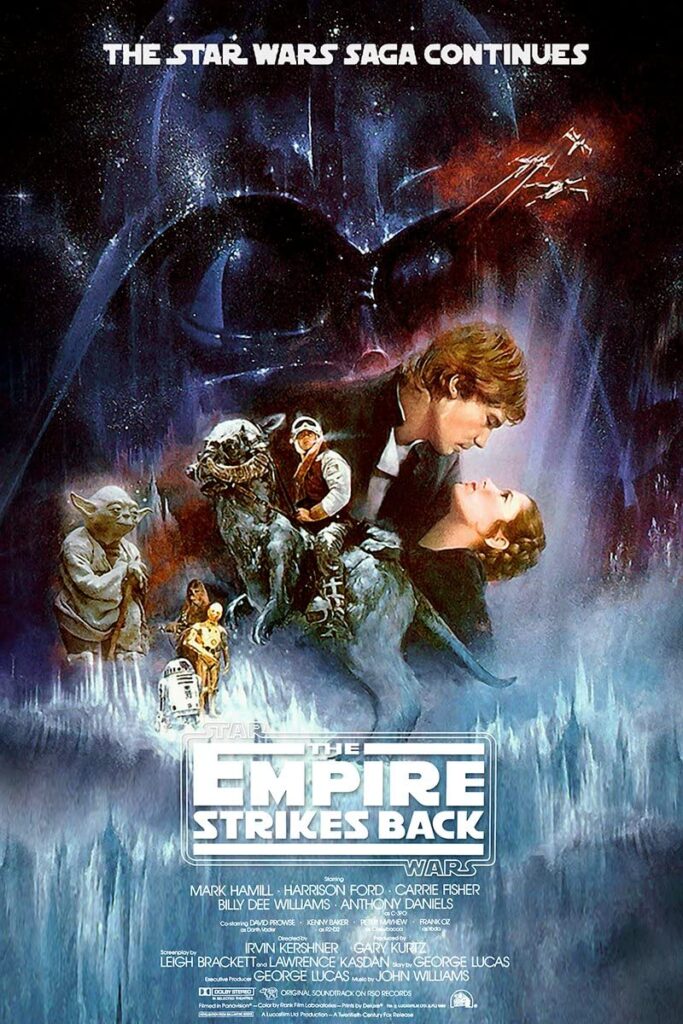
Familiar actors, familiar franchises, and even just familiar concepts are safer bets for returning on investments. It’s good business. And most of these companies still fund and produce original ideas as well. One could argue that the profit from “retreads” is what allows companies to take more risks on new ideas. Maybe on a smaller scale, but still.
From an audience standpoint, sequels allow us to see characters we’ve come to know and love in new stories, new settings, and new adventures.
Certainly right now, with all the new streaming services cropping up like weeds, familiar names making a comeback seem to be an essential ingredient for attempts at success. It’s possible we’ve passed the saturation point.
So, what’s the difference between them all? Here’s my personal take on a Field Guide…
REBOOTS
According to Wikipedia – the source of all potentially true information – a Reboot is a new start to an established fictional universe.
This would apply to successive generations of James Bond, Robin Hood, and nearly every superhero franchise.
While researching some information for this post, I learned that the 1994 computer animated series ReBoot, was actually rebooted in 2018 as ReBoot: The Guardian Code, for maximum meta magic.
SEQUELS AND PREQUELS
These pretty much speak for themselves. Another chapter in an ongoing franchise. They primarily take place after the events of the preceding chapter, but they can also take place before.
In some cases, prequels can be seen as soft reboots, depending on how far back they go. If the new time period requires an entirely different cast, I’d personally lean toward calling that a reboot.
Although… If they remain true to the events and history in the source movie, I might still be willing to label that a prequel. X-Men: First Class sort of follows that line of thinking by including Hugh Jackman‘s Wolverine, while 2009’s Star Trek does the same by incorporating Leonard Nimoy‘s Spock.
REMAKES
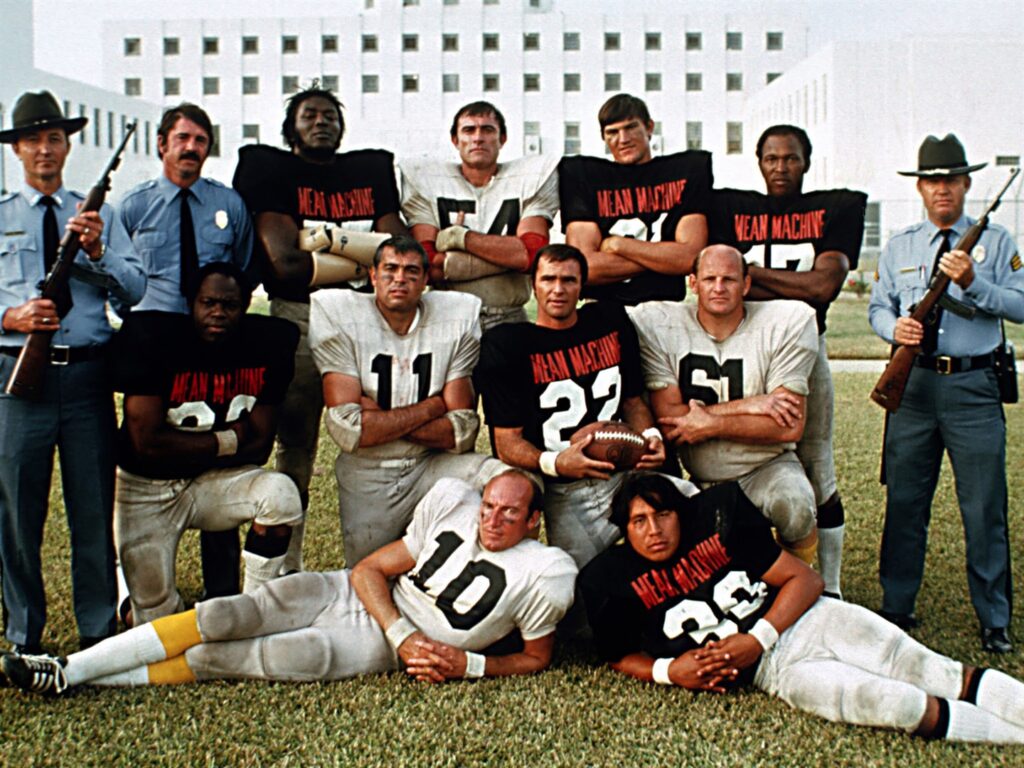
These are more one-off stories, rather than franchises that have widespread developed universes.
Frequently they’re a country’s version of a foreign film. Point of No Return from La Femme Nikita, The Upside from The Intouchables.
Other times, it’s an update of a classic, like You’ve Got Mail was for The Shop Around the Corner.
Some Remakes like to change things up, sliding into “Reimagining” territory. In the original Overboard, the spoiled rich lead was Goldie Hawn. The genders were swapped in the 2018 update, however, casting Eugenio Derbez as the upper class jerk.
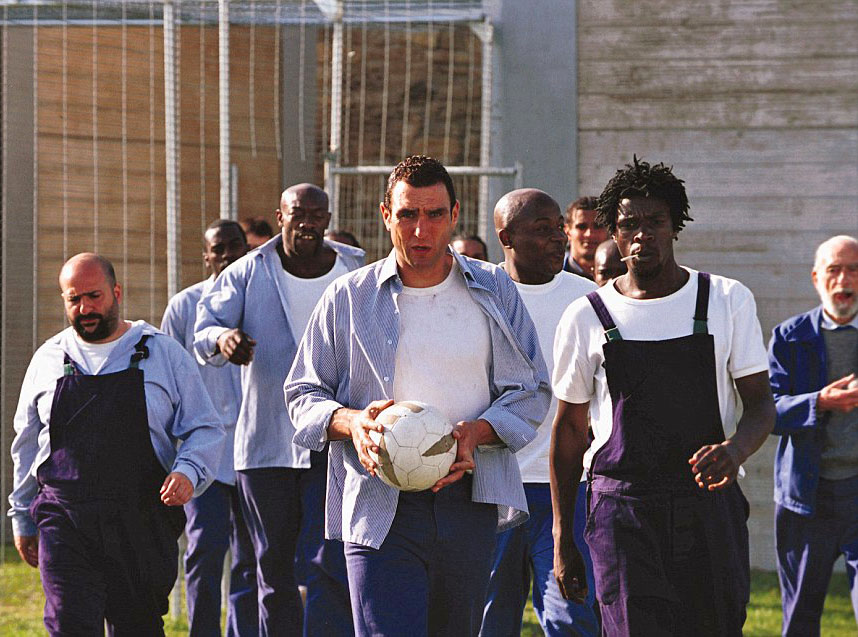
Then there’s The Longest Yard, the movie that sort of does it all. Burt Reynolds‘ 1974 original was remade as Adam Sandler‘s 2005 version, but also reimagined a few years earlier with the British Mean Machine, where soccer took the place of football.
Talk about a Hollywood hyphenate!
SPINOFFS
Although these are more commonly associated with television series, movie also like to spread the wealth when they can. Bruce Almighty generated a spinoff when Steve Carrell‘s star rose to the point that his supporting character could take center stage for Evan Almighty.
The Rock got his first lead role in The Mummy spinoff, The Scorpion King (also a prequel of sorts). Nearly twenty years later, he did it again, when The Fast and Furious juggernaut spun off the equally lucrative Hobbs and Shaw.
___________________________________
Obviously, I’m generally pro all these iterations. I typically lean toward more commercial fare as both a writer and viewer, and reboots, remakes, and sequels are most definitely that.
Given a choice, I would mostly take a sequel over a reboot. Even if the sequel has none of the previous actors (or characters), I can still appreciate it if the new version acknowledges those character as canon.
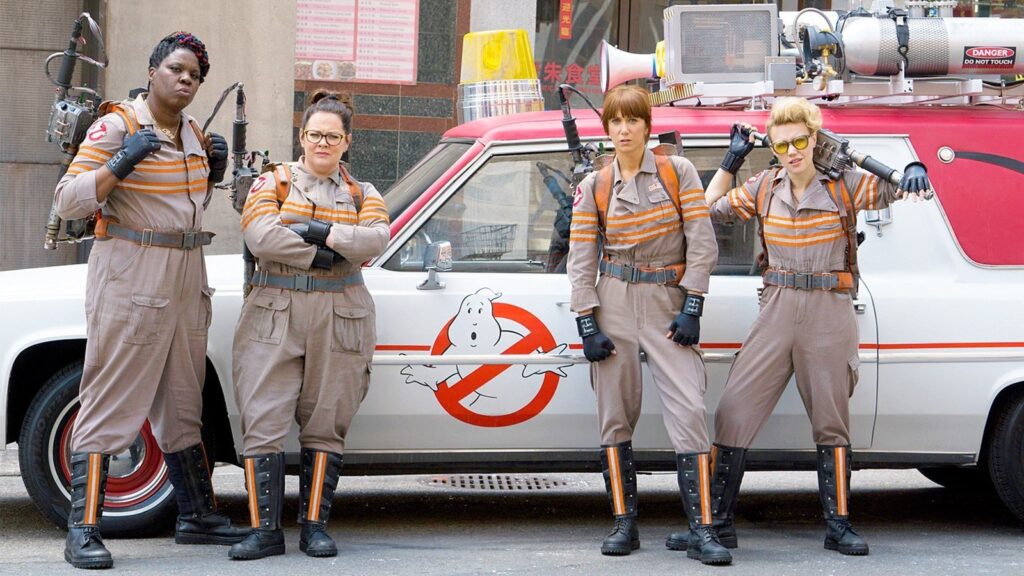
That was my issue with the Melissa McCarthy Ghostbusters. It didn’t matter that the leads were women. What I didn’t like was that it was an entirely new origin story.
I would’ve enjoyed it much more if they just existed in the same universe as Venkman, Spengler, Stanz and Zeddemore.
Oh, and if it was funny, that would’ve helped too.
To each, their own, of course. A lot of audiences are attached to the version they discovered originally. It’s the risk you take when you veer onto a different path.
What are your thoughts on these things? Are you pro? Anti? Does it even cross your mind? Pass the popcorn and let me know in the comments.
________________________________________________________
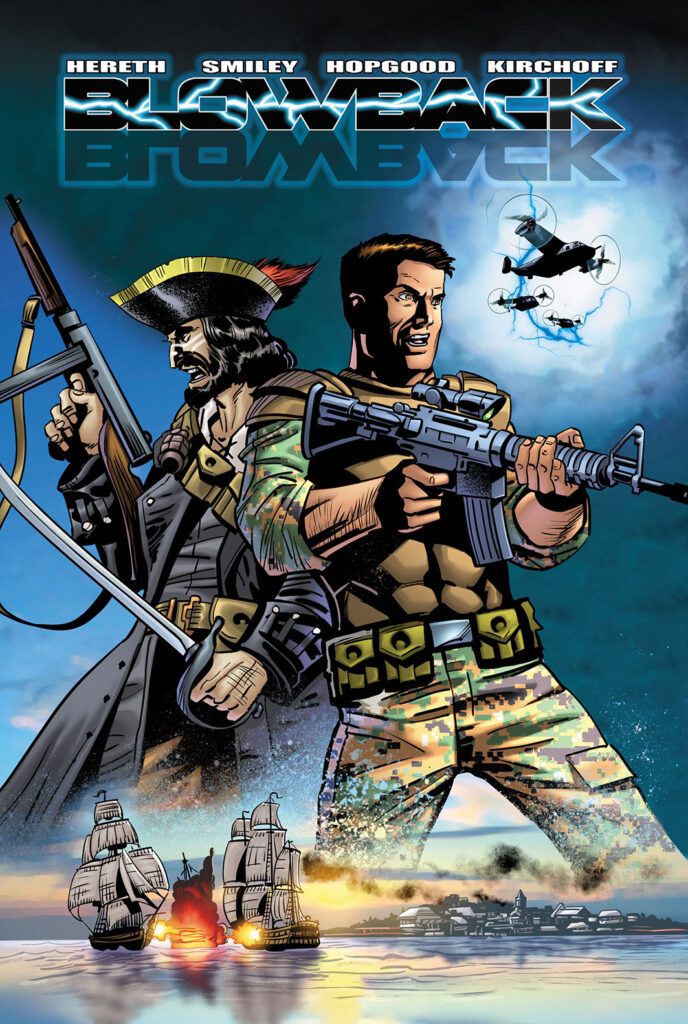
Jim Hereth‘s latest project is his debut action/adventure graphic novel, Blowback, available now at Amazon and comiXology.
![[TEXTSMITH] BLOG](https://blog.jameshereth.com/wp-content/uploads/2016/07/cropped-cropped-BulbsPlus.jpg)
Are you excited about the new Ghostbusters flick? Also, were you out there with me the night they filmed Ghostbusters 2 in front of Stern Hall? I know a lot of people from the dorm were extras in that scene…
Thanks for checking out the post, Austin. I’m totally looking forward to the new Ghostbusters. Guarded but hopeful!
I was out in the crowd by the arch during that G2 scene. I don’t have photographic evidence like you do, but every time I see that scene I feel confident I’m in that mass of humanity somewhere. We’re a small part of cinematic history.